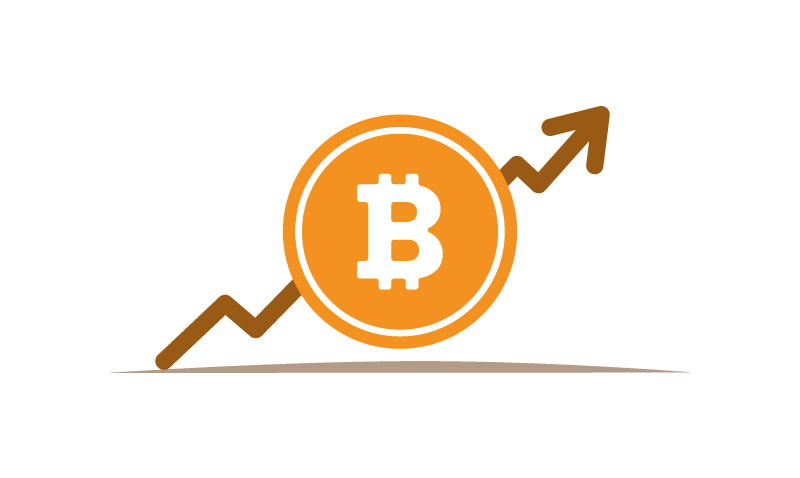Crypto Staking: A Strategic Tool for Gambling Operators
Crypto staking has turned into the new favourite side hustle for online casino operators, especially those who already work with digital coins. As the popularity of Bitcoin and decentralised assets continues to surge, gambling companies now explore staking not just as a financial instrument, but as a competitive advantage in the iGaming market. The key benefit is to diversify revenue streams without direct exposure to volatile games or high-risk bets.

A Different Wager
Unlike traditional casino gameplay, staking is not a gamble in the usual sense. Britannica Money defines it as locking tokens into a network to earn rewards and participate in validation. In casino terms, staking is the house that manages the flow and takes a commission on outcomes.
From a business perspective, such platforms are analogous to poker rooms. They process player entries, oversee fairness, and earn consistent revenue through network fees. Predictable returns can help smooth out seasonal fluctuations and high-variance gaming activity.
The Strategic Side
Once considered a niche product for hardcore blockchain enthusiasts, crypto staking has now become more widespread. For gambling platforms, this shift lets operators create financial ecosystems around their user base and keep punters engaged even outside of gameplay.
Reasons for staking introduction:
- provides a passive income stream from idle assets;
- strengthens user retention through added utility;
- positions casinos as part of the broader DeFi movement.
For operators that manage large crypto reserves or accept digital assets as payment, staking becomes an organic way to earn extra yield. These funds can later be reinvested into game development, bonus pools, or infrastructure upgrades. The process resembles earning a rake at a poker table without the necessity to shuffle a single card.
Benefits of Legality
The global juridical landscape slowly shifts to accommodate staking, especially in jurisdictions that are favourable to crypto innovation. Hong Kong recently updated its legislation to let virtual asset platforms offer staking services. The region now joins other major crypto hubs like Singapore (with some retail limits), Switzerland, Germany, and the UAE.
In Europe, countries like Malta and Portugal occupy a grey zone where staking is not directly regulated but still widely practised, thanks to favourable tax structures. These countries offer operators a window of opportunity but require caution until frameworks become fully defined.
The UK is expected to be the next mover, while the EU and US continue to discuss formal stakeholder laws. For online casinos operating internationally, this is a sign to begin evaluating strategic jurisdictions for expanding services.
Benefits for Operators

As player behaviour evolves, particularly among crypto-native audiences, the need for hybrid utility is growing. Many gamblers now segment their digital funds into risk pools. They divide their finances for casino play, staking, and yield farming. With the integrated holding opportunities, casinos can capture this second pool in addition to the first one.
More benefits for operators:
- keeping crypto players within the ecosystem even when they are not gambling;
- providing financial products that complement high-risk activities;
- building loyalty through value-added services and passive earnings.
On top of that, there are numerous gamification elements of staking that include yield rates, leaderboards, and APY performance boasting. These can even mimic the engagement mechanics of slots or tournaments.
Risks Imposed
Still, staking is not without issues. Operators must fully understand what they offer or participate in.
Key dangers:
- Locked tokens cannot be used or withdrawn mid-stake.
- Price volatility can eat into the principal and the returns.
- Smart contract failures or validator misbehaviour can permanently remove part of the stake.
- Regulatory pressure may still be an issue in unclear markets.
In Proof-of-Stake (PoS) networks, breaking the rules can be penalised. For instance, if a validator with staked assets double-signs or goes offline too frequently, the network may destroy a portion of the staked funds. For operators who use third-party platforms, this risk must be carefully assessed and mitigated with reputable partners.
Forward-looking gambling operators can approach smart staking in 2 ways:
- Passive yield generation. Stake idle treasury assets through trusted platforms to earn consistent returns. This approach requires minimal oversight and can be integrated into financial planning.
- Player-driven staking. Offer directly to users via a casino wallet. Let punters earn rewards while their balances are not in play. This strengthens loyalty and extends lifetime value.
In both cases, transparency, low fees, and careful partner selection are key. Staking is a tool that, when used correctly, adds long-term sustainability to gambling businesses.
The Bottom Line for Operators
Crypto staking becomes a strategic lever for iGaming brands that want more from their digital assets. As the online gambling space gets increasingly competitive, the ability to monetise off-game activity and meet crypto-savvy player expectations is a goal to strive for.
Check the information used to contact us carefully. It is necessary for your safety.
Fraudsters can use contacts that look like ours to scam customers. Therefore, we ask you to enter only the addresses that are indicated on our official website.
Be careful! Our team is not responsible for the activities of persons using similar contact details.



